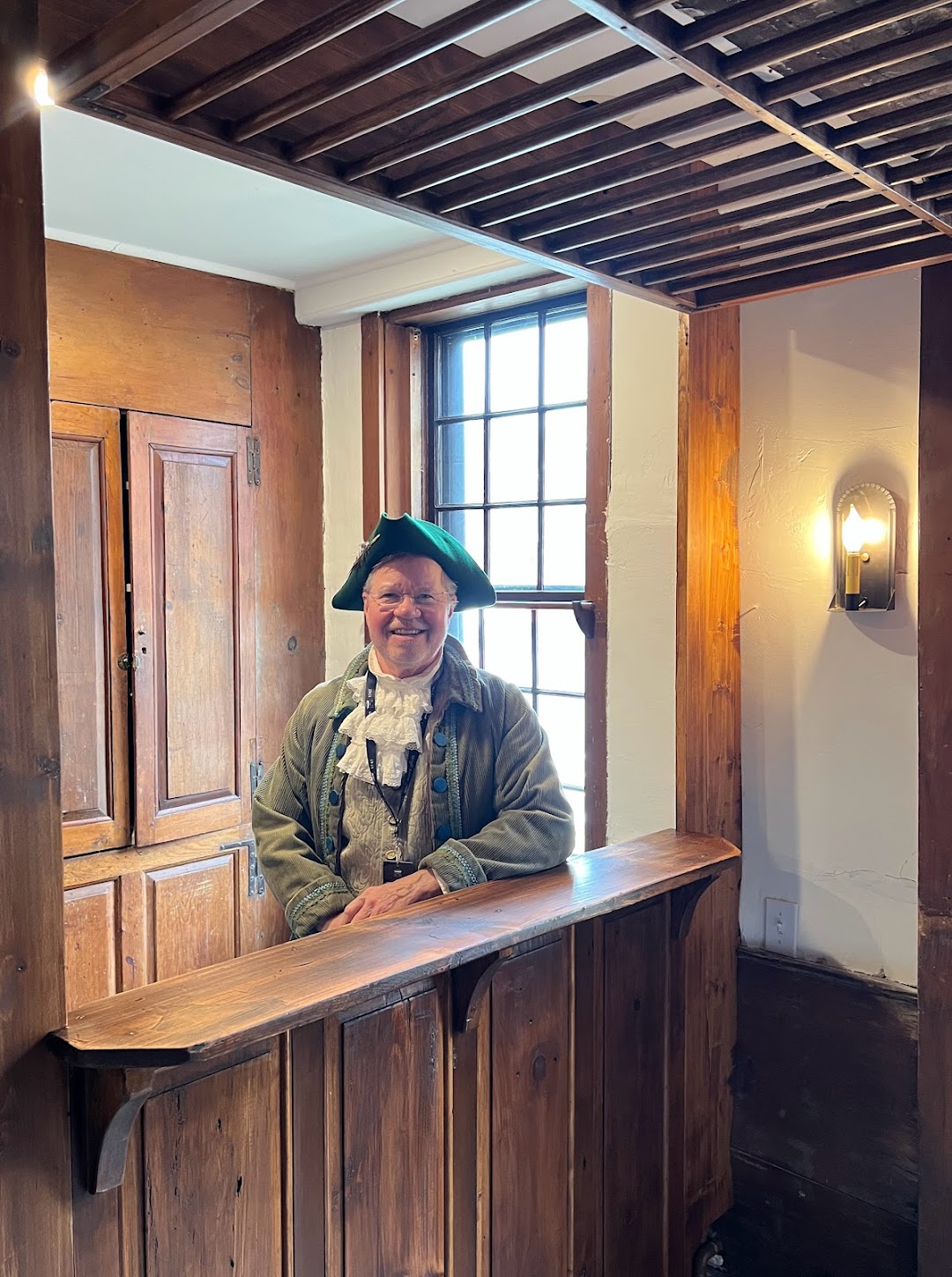Paul was enacting a battle between toy monsters on the floor in the corner while Lexi and I perused craft kits. Dave was trying to decide which of the “Bad Guys” books Paul might like best, and a customer in the adjacent room above the spiral staircase had taken a seat at the grand piano and was delighting all with a rousing ragtime melody. Yes, we would get to the cathedral and the old town with its cobblestone streets, but for two afternoons, being with the kids at the Indigo Bookstore was exactly where we wanted to be.
Dave and I were in Montreal, there for a stolen visit with grandkids Paul (9), Lexi (7), and our son Tucker… whenever - and if - his work released him. He had called a few months before to tell us he would be in Montreal for a conference, and if we were willing to meet up, Lisa would bring the kids. Hurray! Now that they live in Zurich, the possibility of a spontaneous visit was a blessing. We could extend our time away after Vermont, and drive to Canada from Dorset.
Given our decades of perspective on the dips and dances the Universe might take in choreographing our journey, we hoped for the best. During the Covid shutdown, we missed pivotal months with Paul and Lexi when they were tiny and living in Boston. In 2022, Dave’s Covid onset cut short our stay at the Red Lion Inn in Stockbridge, my surprise 70thbirthday present to him. And last spring, my double pneumonia kept us from the 250th anniversary reenactment of the battle of Lexington and Concord, an excursion two years in the planning. So, we were in fingers-crossed mode as the trip to Canada approached. What might disrupt this unexpected joy?
Lisa taking a tumble and breaking her foot in three places, is what. Noooo! She was in pain and down for the count, her foot propped on pillows per doctor’s orders. International flights were out. Would Tucker brave the 8-hour flight with two kids?
Yes! They made the trip without incident, and we met with shrieks of welcome and too-tight hugs in the lobby of the Renaissance Hotel.
Prior to our arrival, however, I wasn’t sure we’d get as far as customs given our past record and Trump’s goodwill musings about annexing Canada. So, I’d done only cursory research on must-see sites in Montreal. I knew there was a cathedral, a botanical garden, and an old section with cobblestone streets somewhere, but the view from our 6th floor room of the Renaissance was a canyon of concrete and glass as far as we could see, with little change in color, texture, or materials. The Montreal our friends raved about was out there, but time with the kids was our priority. It was chilly, the kids could not have cared less, and we were content to stay close. Hence our bookstore sojourn.
That first day, after a breakfast of Renaissance Pancakes Classique - thick corn cakes with whipped cream, syrup, and strawberries – we walked the two blocks to the mall and arcade.
October it was, but the store was in the process of consolidating Halloween items on tables tucked to the side and setting up displays of Christmas mugs and cozy blankets tied with red ribbons. It felt good to be in this welcoming place, browsing through books with our grandkids, picking up a few Christmas gifts, and sneaking them down to checkout without the kids noticing. We bought a Bad Guys book for Paul and a sketchbook and markers for Lexi. Her 7thbirthday was three days away, which added weight to her every request or yearning look. That night, Tucker had a work dinner, so we returned to the mall’s food court for more pizza.
The next day, the kids were eager for a reprise of Day One. Books and skee ball but a block or two away! The cold weather had continued, and Dave and I were happy to accommodate their wishes. After all, we were there to be with them - and Tucker, when we could catch a glimpse.
During breakfast, I received a text from our daughter Casey asking how we liked Montreal. A succession of exclamation points and question marks indicated her expectation of an interesting report. When I texted back about the arcade and Indigo, she responded, “OMG MOM!” (Note: all-caps.) “DON’T WASTE YOUR TIME THERE! MONTREAL IS SUPPOSED TO BE REALLY COOL! IF IT IS COLD, OR TOO FAR TO WALK TO THE OLD TOWN, GET AN UBER OR SOMETHING!”
Hm. She was right. Duly chastened, I checked my short list of attractions, and we decided on the Jardin Botanique de Montreal. Dave called an Uber, and off we went… the kids a little miffed that we weren’t going to the arcade.
The Jardin was further than I’d thought, and the drive was through rundown neighborhoods and homeless encampments. Still, we were intrigued when we passed a swooping, white monolith of a building that turned out to be the 1976 Olympics stadium.
And the Jardin Botanique was a discovery. A special exhibit for Halloween led us down walkways that snaked past carnivorous plants, eerie trees, and gourds transformed into spooky creatures with bulging eyes and sinuous tongues.
Thus inspired, the kids were invited by docents to a classroom where they could create their own monsters using play dough, pine needles, pumpkin seeds, and dried grasses. They loved it, and for close to an hour dug into their craft, fingers arched, lower lips tucked between teeth, eyes bright. Lexi produced a multi-tentacled purple monster while Paul labored on his orange Godzilla look-alike.
Strange beings were the theme of the day, and a “Nature Spirit” garbed in flowing green robes, twigs, and twisted vines greeted us and gestured toward his papier maché cave. Lexi and I accepted his offer and snuggled on pillows with a few books from a nearby shelf. My French is limited, but I was able to translate enough to convey the plots. And, much as I purchase wines by the artistry of the label, my strategy in selecting children’s books is essentially the same: the illustrations are the lure. We were enchanted by “La Sorciere Trop Petite” (The Littlest Witch) by Brandi Dougherty, illustrated by Jamie Pogue, and “Je ne fais pas si peur” (I’m not so scary) about a lonely bat, written and illustrated by Raahat Kaduji. Lexi thought they’d make great gifts for her cousin, Eleanor, and we hoped to find them later at the Indigo.
*
But, we were in Montreal, for heaven’s sake, and as Casey had insisted, we needed to venture further. So, the next day, we took an Uber to the Grand Quay, a wide pier with a long history and plenty of room for the kids to run. They scampered the length of the pier, up and down stairs, and raced a grassy stretch bordering the harbor. Came a point, though, when Paul was pooped and Lexi pouting, so it was time to move on. Surely more sight-seeing would be just the thing?
So, we returned to the bookstore the next day and successfully sought the stories we’d loved of the too-small witch and timid bat, as well as stuffed baby foxes for Eleanor and the birthday girl. During quiet hours back at the room, Lexi worked in her sketchbook, depicting images that pleased her with captions written in a secret code.
The cathedral and quay didn’t make her book, nor did the arcade for that matter. She drew pictures of Eleanor, her baby fox, and the monsters she and Paul had created. For the kids, as for us, Montreal hadn’t been the draw; it was always about being together. And that night, for Lexi’s birthday, we got our wish: Tucker was finally free to join us.












































